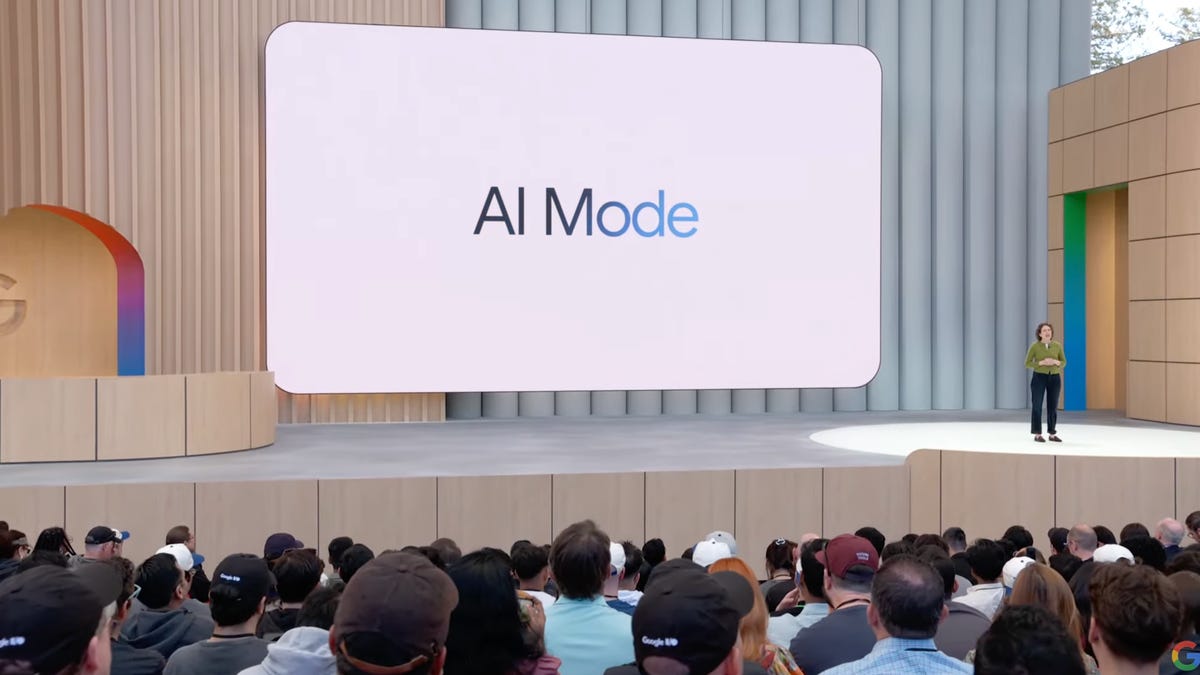
Finding a dinner reservation once meant juggling multiple apps and websites such as OpenTable Resy and Tock. Today, Google AI Mode acts like an AI powered virtual assistant that can search across platforms to find and recommend tables based on natural language requests. This agentic AI system turns a reactive search into an actionable experience, showing how autonomous AI agents can simplify everyday tasks like booking dinner.
Traditional AI assistants provided answers and stopped there. Google AI Mode expands that role by becoming an AI reservation assistant that performs multi step tasks across services. Instead of visiting several booking sites manually, users can ask a conversational query and let the system find options, filter results, and surface booking links while keeping the final confirmation in the user control loop.
For diners the AI reservation assistant means less time switching apps and more time deciding which place to try. For restaurants it creates visibility opportunities when listings are present across platforms and presents a new incentive to adopt booking management strategies that work with aggregation tools and automated booking software.
Articles and product pages about this topic should use high intent long tail phrases such as how to use Google AI Mode for reservations AI powered restaurant reservations and automated booking software. Optimize copy for voice search queries that start with find book recommend or how to and include structured data schema for reservation and event markup so AI systems and search engines can easily cite your content.
Ask natural language queries like find me a table for four this Saturday in downtown Seattle or book a vegan friendly table near the waterfront. AI Mode will surface options across multiple booking platforms apply your preferences and show booking links so you can confirm the reservation. If you prefer more privacy adjust personalization settings and opt out of using search history.
Google AI Mode is a proof of concept for agentic AI systems that act on user intent to complete multi step tasks. As AI powered virtual assistants gain the ability to find book and recommend across services we can expect broader adoption in areas such as travel scheduling and appointment management. The shift toward autonomous AI agents challenges competitors to evolve and encourages businesses to prepare for an AI driven discovery landscape.



